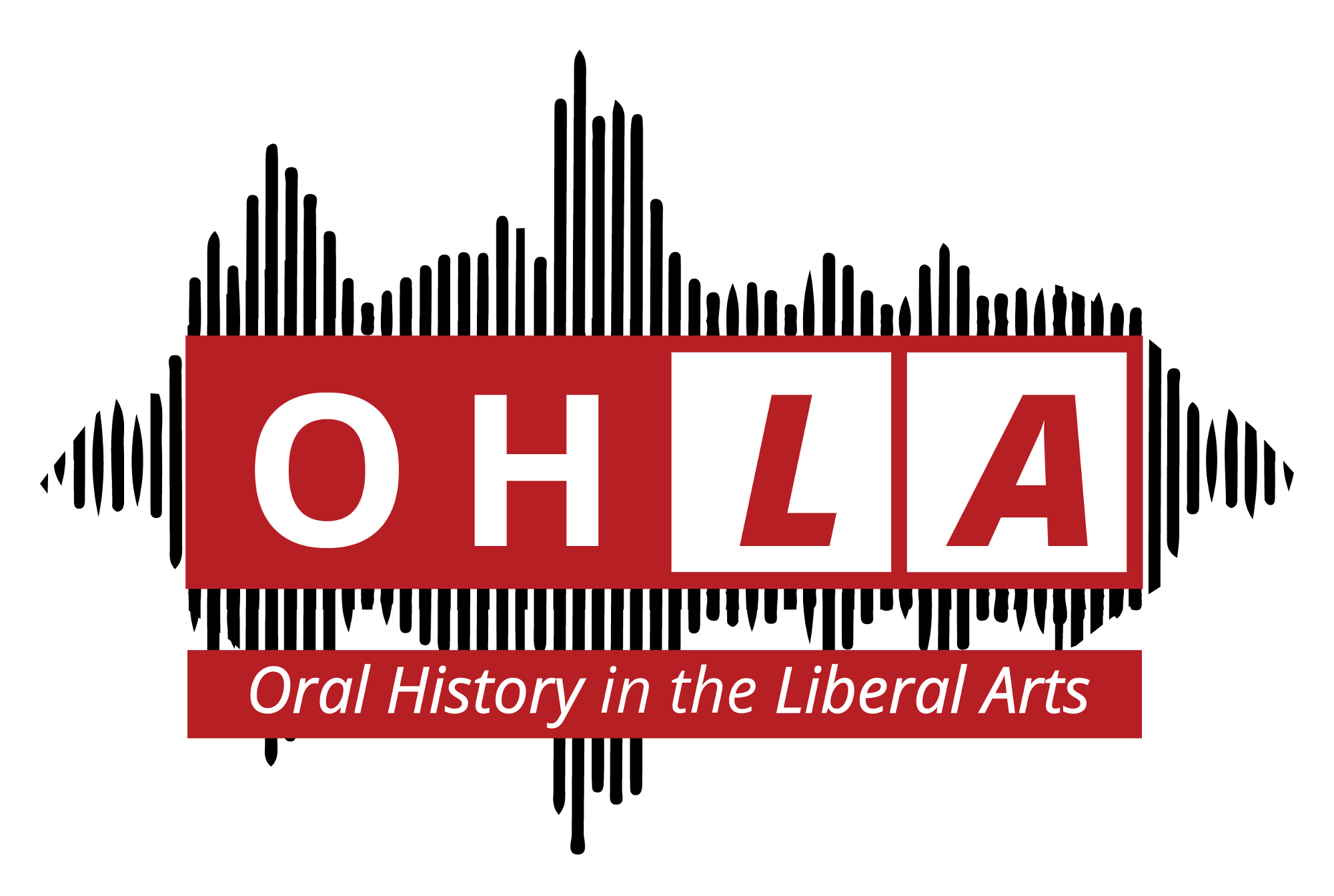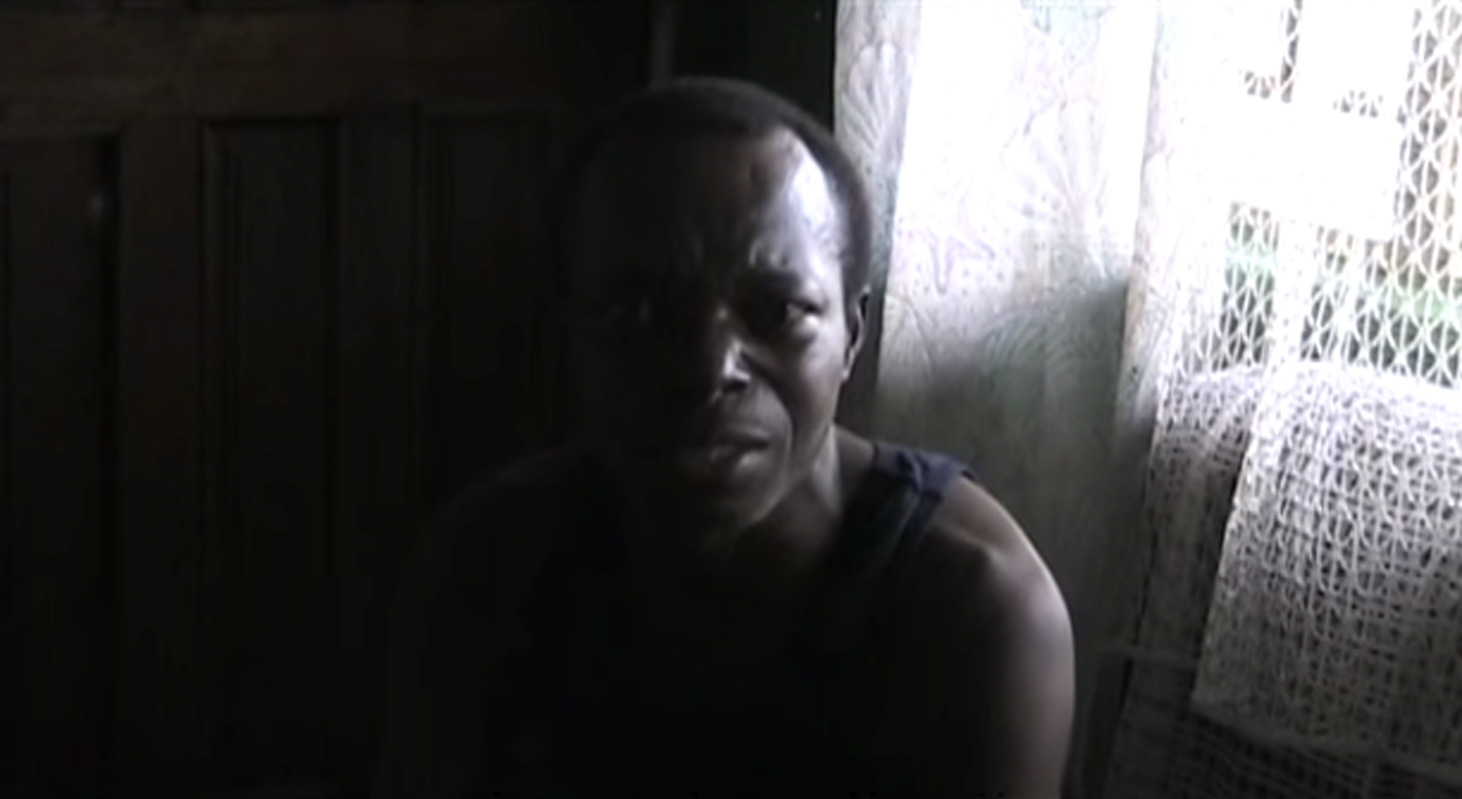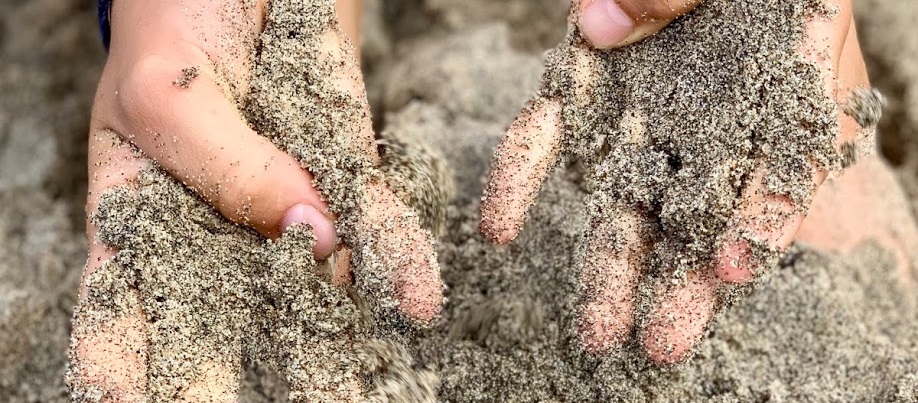I am writing this post in reflection on an incident I encountered during fieldwork in post-conflict Sierra Leone. This has to do with an occasion when the interview process got stalled. As oral historians, we spend a lot of time creating, developing, and refining research methodological tools before fieldwork in part to ensure a smooth and credible process of data collection. Mine was no different. Earlier I had spent a lot of time putting together my digital tools and developing research instruments as interview questions and questionnaires to help elicit responses and document them. Accordingly, by the commencement of the interview, I was pretty confident of a great outcome. As stated in my earlier post, I conceive of the interview process as conversation between interviewer and interviewee. Through this approach, I hope to give interviewees a sense of participation and ownership. Thus, my questions are designed to promote dialogue, critical reflections, reciprocal exchanges, and shared experiences. In this way, I allow for trust and confidence to be established and in so doing interviewees feel more assured and can share experiences deeply and comfortably. It is my contention that oral historians should take cognizance of this factor especially when working in situations of trauma.
However, in spite of the best laid plans, there is always the X-factor, the unforeseen, the unexpected issue that has the potential to derail, stall, or bring the interview process to a screeching halt. Along this line of thought, what my “participatory methodology” did not quite take into consideration is the potential for the interviewee to “hijack” the process and steer the “conversation” into a different if not entirely “new” direction. This is not to say that new directions that emerge from the interview process are necessarily bad. In fact, the researcher should always be alert to these unexpected changes and in many ways they could broaden and enrich the scope of the research and shed new light on research objectives. What I am talking about in this case is the tendency for the interviewee to focus on issues that are counterproductive to the goals and objectives of the interview.
I would explain one such encounter when the interview got stalled. In the summer of 2009, I was in Sierra Leone working at the archives of the Special Courts in Freetown reading through the testimonies of perpetrators and survivors as documented in the Sierra Leone’s Truth and Reconciliation Commission. One day, I returned home in the evening and my nephew nervously informed me that a former Revolutionary United Front (RUF) rebel combatant wanted to talk to me. Apparently, he’d heard about my return home and the interviews I was conducting with the amputees. I took this to be a genuine attempt to reach out and narrate his story and so I asked him to come in. He willingly accepted to tell me his story for a small fee. I brought out my camcorder with my micro tape, mounted the camera on a tripod, and started shooting. From the outset, it was clear he was still in a state of trance or stupor and he was very angry. Through a barrage of obscenities, he went into the causes of the war and the potential for former combatants to wreak another round of mayhem on the masses, this time, on a much bloodier and grander scale. In his subsequent diatribe on elitism and discrimination, he pledged to abduct more women as sex slaves and to execute more human rights violations. At this point, I didn’t know what to do except to listen to his monologue and try to stay as calm as possible. I put away my list of questions and continued staring at him. What happened next was totally unexpected. He proceeded to describe in graphic details incidents of rape he had personally conducted in the forest. When he attempted to justify rape as “good for the morale of the rebels,” I lost my composure and got up to hit him. He stopped talking but didn’t even move in his seat. I calmly sat down and the interview got stalled. For a long time, we continued to stare at each other while the camera was still rolling. When I heard the click from the camera indicating that the tape was at an end, I gave him some money (cannot recall the exact amount now) and he left without a word. I never saw him again.
I share this story to inform my colleagues about the unpredictability of the interview process. In contentious situations such as these, the interview takes on the form of a monologue and the researcher is lost in the process. As oral historians, we should be aware that while we are in a position to design research instruments, no matter how well we refine them, we do not have control over how the interviewee will respond, what they will say, or the direction the interview will take. Responses of interviewees can vary from shocking to alarming, nonchalant to dismissive, polite to angry or in some cases testy and contentious. In my case, it was almost a complete derailment of the interview process. It is in such cases that the interview breaks down. I suggest that researchers must always be prepared for the X-factor and have a clear set of principles or practices to avoid the kind of mistake I made.
I would like to say one final thing, and this goes for researchers like me who are working on projects for which they have a personal connection or investment. We must try to be emotionally detached from the process as best we can and try to follow professional guidelines or benchmarks that allow for introspection without action. As Sierra Leonean, one who is still at a loss as to the nature and extent of the atrocities committed during the civil war, and perhaps more importantly as a father to two daughters, the gleeful rendition of sexual violations by a bleary-eyed ex-combatant without an iota of remorse or accountability was enough to throw me over the cliff. Maybe. Maybe not.








